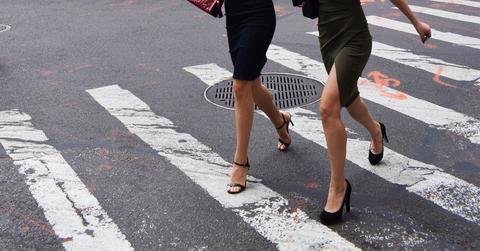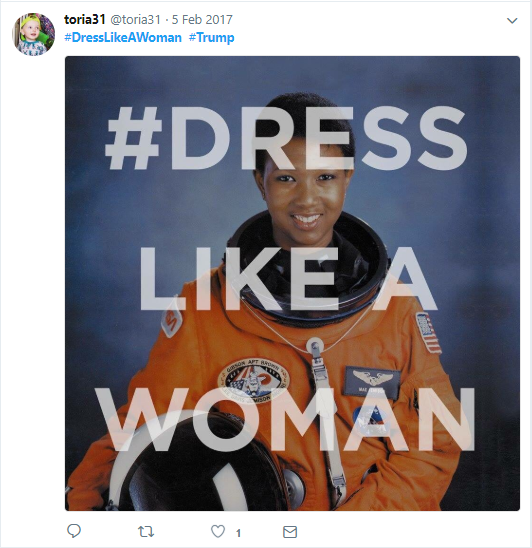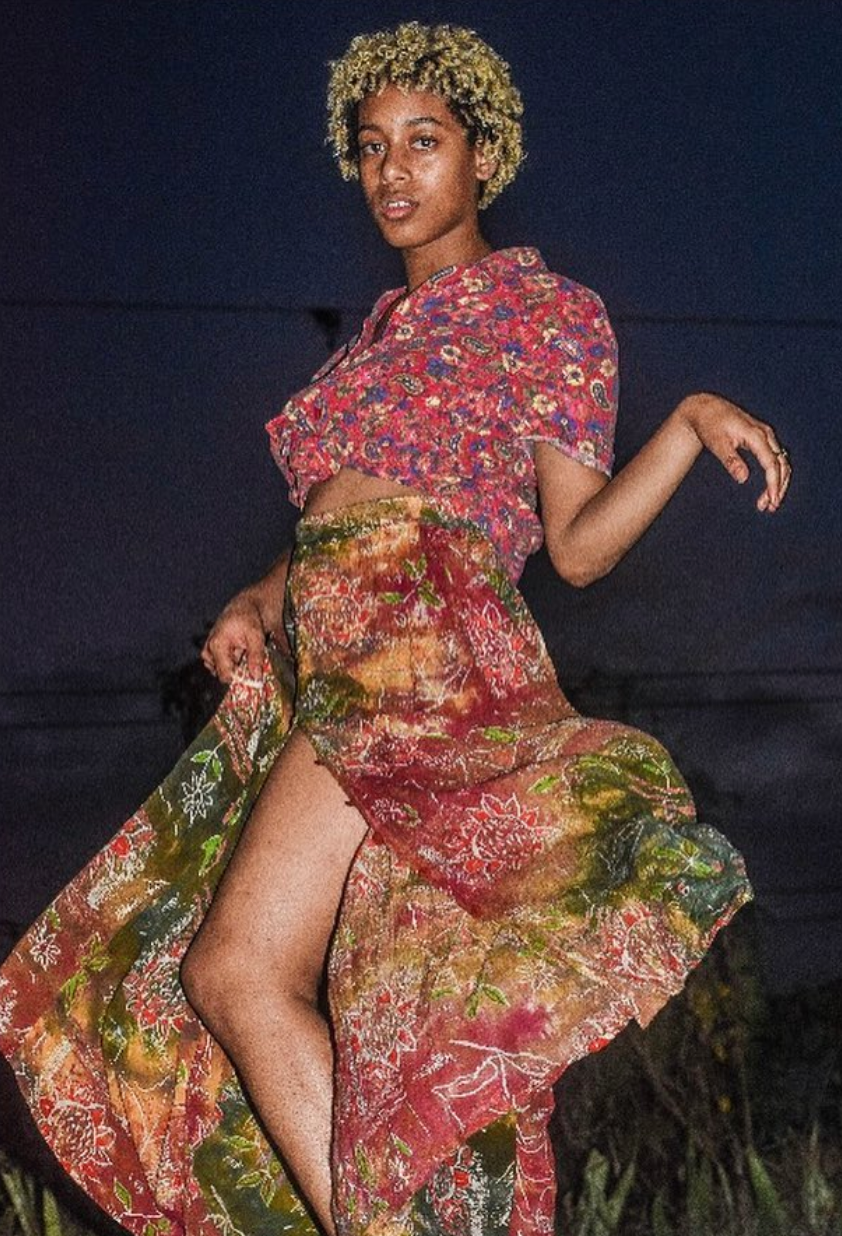The Importance Of Balancing Professionalism And Self-Expression

For ages, women have been told the “proper” way to dress. In ancient Rome, women were banned from wearing togas, and could only wear long dresses called “stolas” that puddled around their ankles. In America during World War 2, regulation L-85 made it so women had to wear skirts exactly 17 inches above the ground. Thankfully, today’s women aren’t prohibited by the same strict, sexist thinking.
Except we are still really, really living in a backward time. Last year, a statement was released saying that President Trump likes the women on his staff to “dress like women.” After its release, Twitter went into an uproar, with hundreds of posts showcasing all the different ways to #dresslikeawoman.

Although it can be scary to break boundaries and dress the way you want, studies find that doing so actually increases your performance. When dressed in clothes that you judge to look professional and feel comfortable in, your confidence is raised, giving you the boost you need to excel at your tasks. A 2014 Harvard Business School study even found that workers who disregard their site’s dress code are perceived as more capable by their co-workers. While that might be a step too far, professionals agree that expressing yourself reaps positive rewards.
Kara Loewentheil, J.D., Master Confidence Coach and Host of The UnF*ck Your Brain Podcast: A Feminist Mindset Makeover to Reduce Anxiety, Increase Confidence, & Authentically Succeed, says that hiding your style at work is equivalent to hiding a part of yourself.
“You’re limiting yourself to try to control what other people think of you. But other people’s reactions to you have a lot to do with the confidence with which you show up and project yourself. So if you rock your style and feel on top of the world, you’re actually going to impress people more – not less.”
More and more women are standing up against restrictive dress protocols. This past February, best-selling author, Roxane Gay, wrote a piece for The Guardian where she mentions her own experience defying traditional gender constructs at work. Gay never felt at home in dresses and didn’t know how to do makeup well. At 6’ 3”, she was taller than other women and that separated her from her heel-wearing colleagues. Her motto is to wear what she feels good in, and by doing so, she is also, incidentally, dressing in a way that empowers her to do her best work.
Younger women are following in Gay’s lead. 19-year-old photographer, writer, performer, and content creator, Moréna Wells, has already begun to question the validity of what’s been deemed “unprofessional” for women. Her previous corporate experience would leave her feeling drained, and she often felt forced to act robotically. There was pressure to hide her social media from her employers, even though the premise of her Instagram account not only shares her work (which often gives an intimate, almost raw look of her subjects), but also hosts several personal photos of herself and her body.
“While, yes, it might be more difficult for me to be successful in the world without censoring me, I also arrived at the fact that any success which dilutes, discriminates, or censors crucial parts of my being– especially when those parts are a harm to no one, is not a success that I want.”

Morena realized that the traditional work environment wasn’t for her, and chose to pursue an alternative path as an artist, realizing that a lot of ideas around what constitutes as “professionalism” is in fact, rooted in misogyny that forces women to appear and act in a certain gender-conforming way.
Feeling drained by the constraints of “feminine professionalism” is something many Millennial women are feeling these days. If you feel drained by the persona you’re trying to uphold at work, career coach Dr. Claudine Woo says to ask yourself if the job is right for you. A job where you can be yourself may leave you more energized to accomplish your everyday duties.
“Ask yourself, ‘How far away from my true self do I have to be to be here?’ Know that the further away you are, the more energy you are spending to stay in your role. Would you be better off on another team? Would you be better suited in a different company or location? Would another role be a better fit?”
Career growth doesn’t mean stifling who you are. There are plenty of jobs out there that can leave you feeling healthy, happy, and true to you.





